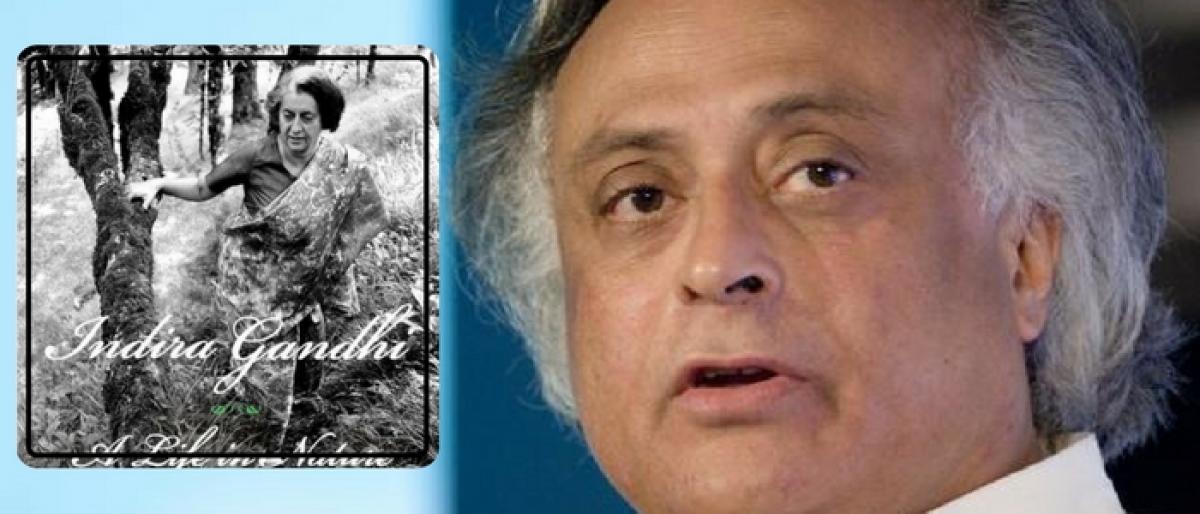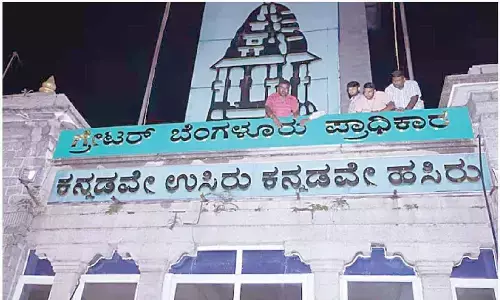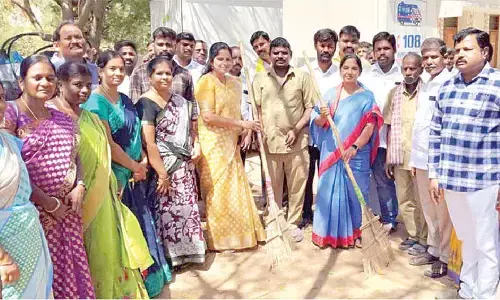Indira’s communion with nature

On 21 February, Anne Wright wrote to the prime minister for a message on the occasion of a ten-day exhibition, film festival and fun fair being organized to raise funds for WWF-India. Indira Gandhi responded quickly and positively on 2 March:
Anne Wright and Indira Gandhi were in regular touch in 1983.
On 21 February, Anne Wright wrote to the prime minister for a message on the occasion of a ten-day exhibition, film festival and fun fair being organized to raise funds for WWF-India. Indira Gandhi responded quickly and positively on 2 March:
Our earth supports many forms of life. In the past century thoughtless exploitation of its resources has decimated several species and threatens to extinguish more. We must bestir ourselves to prevent further damage. The extinction of our wildlife inevitably leads to the degeneration of the environment which in turn affects humankind.
The World Wildlife Fund has done a great deal for the identification and preservation of endangered species.
On 5 and 6 February, Bharatpur hosted an international workshop, organized by Anne Wright and George Archibald, on Siberian cranes.
Indira Gandhi could not attend the event but sent DigvijaySinh instead to get a commemorative stamp issued—a painting presented to her by the American artist, Diane Pierce, on 27 February 1981 when Indira Gandhi had thrown a farewell tea party for the delegates attending the CITES meeting in Delhi. The Brolga Bugle, a quarterly newsletter of the International Crane Foundation, while writing about this presentation, had reported on 19 April 1981:
With Diane Pierce at the presentation was Sir Peter Scott, world famous conservationist […] who lauded Mrs. Gandhi’s past record of interest andconcern for wildlife. Mrs. Gandhi was completely surprised by the gift but charmed her audience with an impromptu account of her life-long love for animals and her continued support for wildlife preservation.
If ever incontrovertible proof were needed of Indira Gandhi’s ecological credentials, what she did in March 1983 was it. On 5 March, even as she was busy with the Seventh Non-Aligned Summit in New Delhi she wrote to Anne Wright:
I have written to the President of Pakistan and the Prime Minister of Afghanistan for the Non-Aligned Conference, conveying the points you have made about Siberian Crane and other migratory birds. However, I must confess that, preoccupied as they are with difficulties in their own countries and without any special interest in wildlife or its preservation, there may not be a very positive response.
Her fears provided unfounded. For on 7 May, she wrote again to Anne Wright in what must be a remarkable letter by any yardstick:
I have received good responses to my letters to the President of Pakistan and the Prime Minister of Afghanistan regarding Siberian Cranes and other migratory birds.The Afghans have decided that the Ab-i-Estoda lake and other lakes in and around the Ghazni province would be a protected area for Siberian crane in their migratory flights. More wardens will be posted at the lake during the Siberian cranes’ stopping periods. They have also strictly prohibited hunting or other interfering activities to ensure that these lakes remain a protected area.
The President of Pakistan has informed me that as a signatory to the Ramsar Convention on Wetlands of international importance, Pakistan has designated 9 water-fowl habitats of international importance to promote the conservation of various types of flora and fauna on which these birds are dependent, and for the protection of the birds.
Crane hunting and trapping is already banned in Pakistan and while there is no evidence of Siberian Cranes actually stopping over in Pakistan, they will consider ways or protecting and conserving them if they do stop-over in Pakistan before they fly to India.
Extracted with permission from Simon & Schuster India











